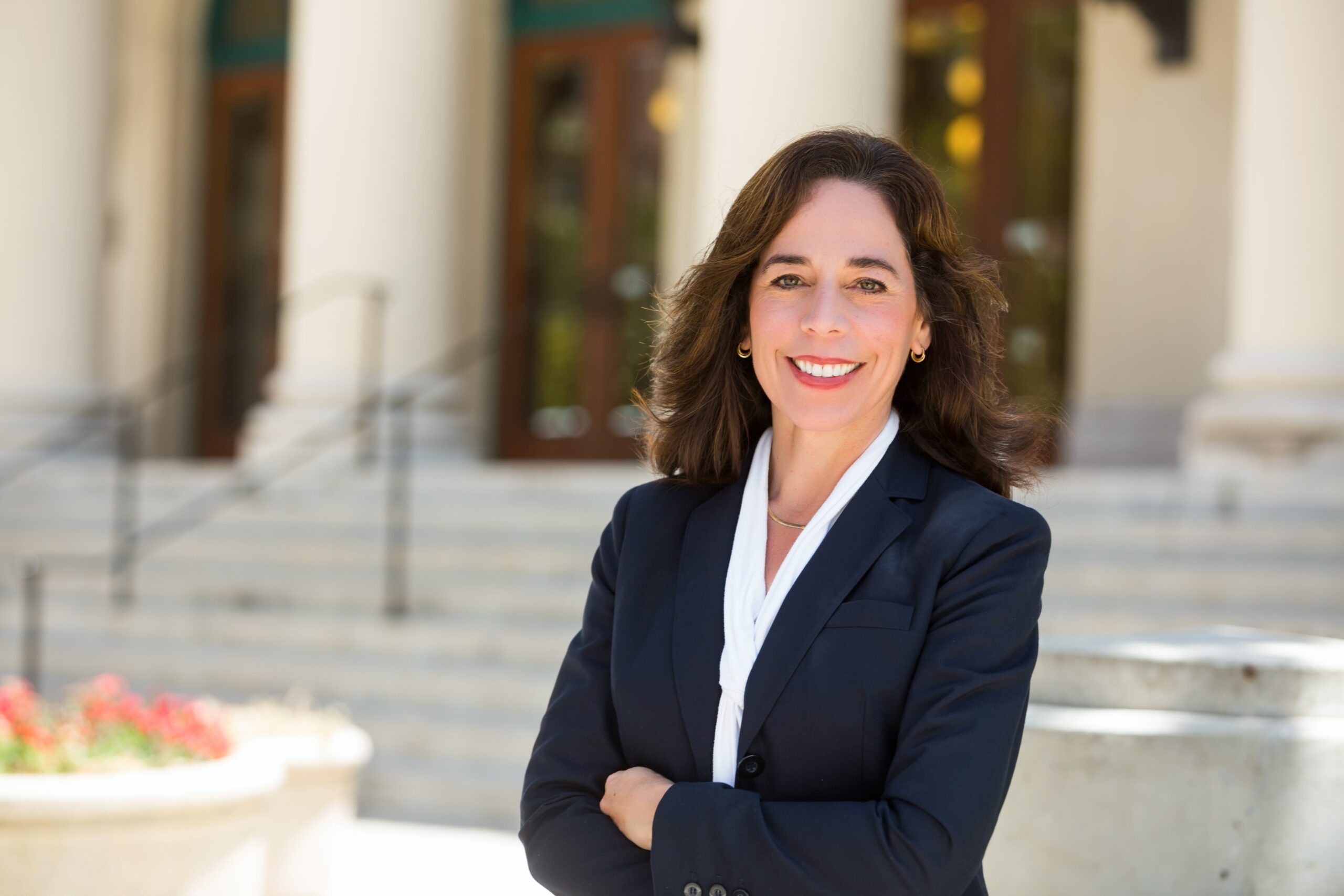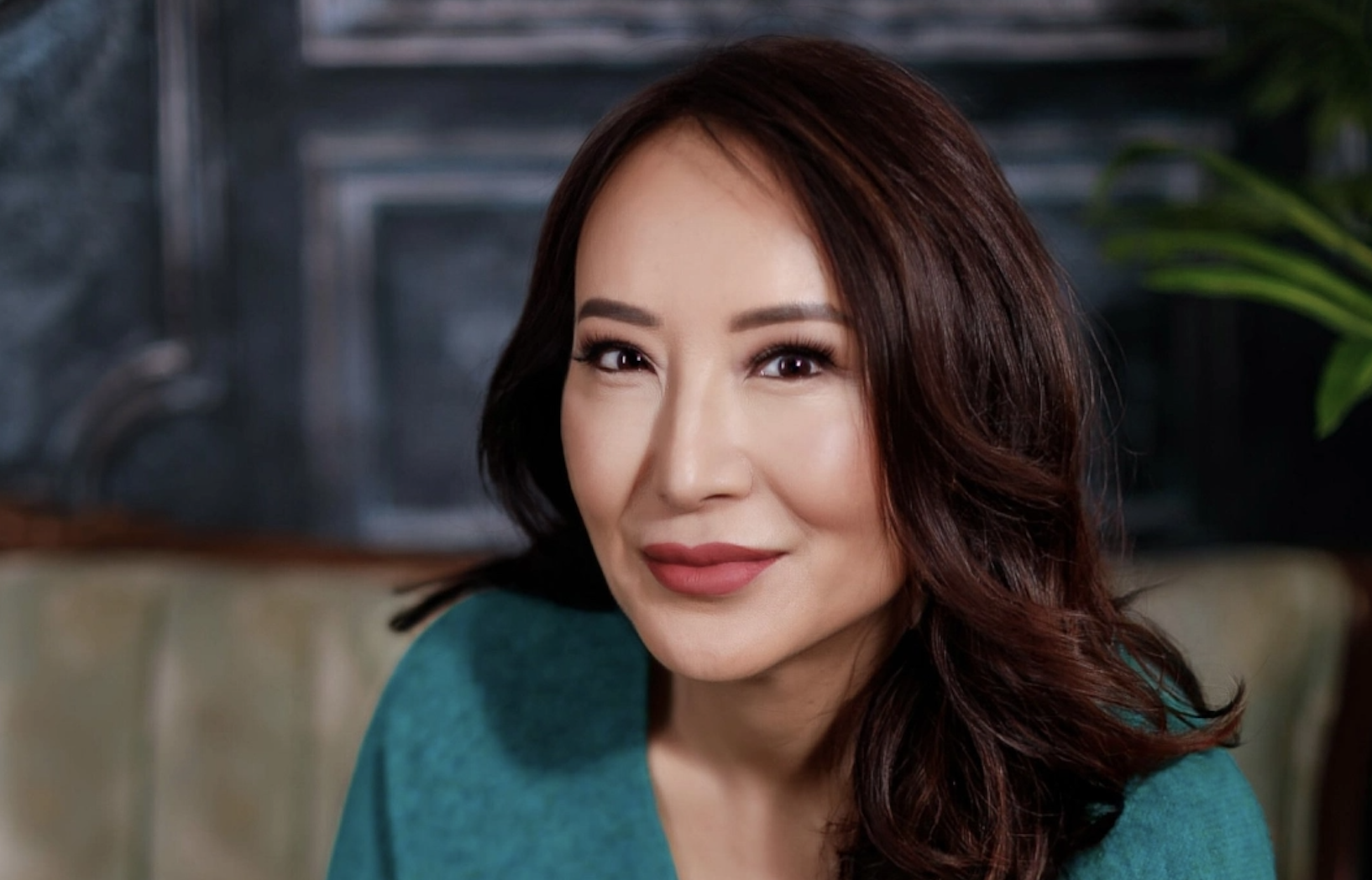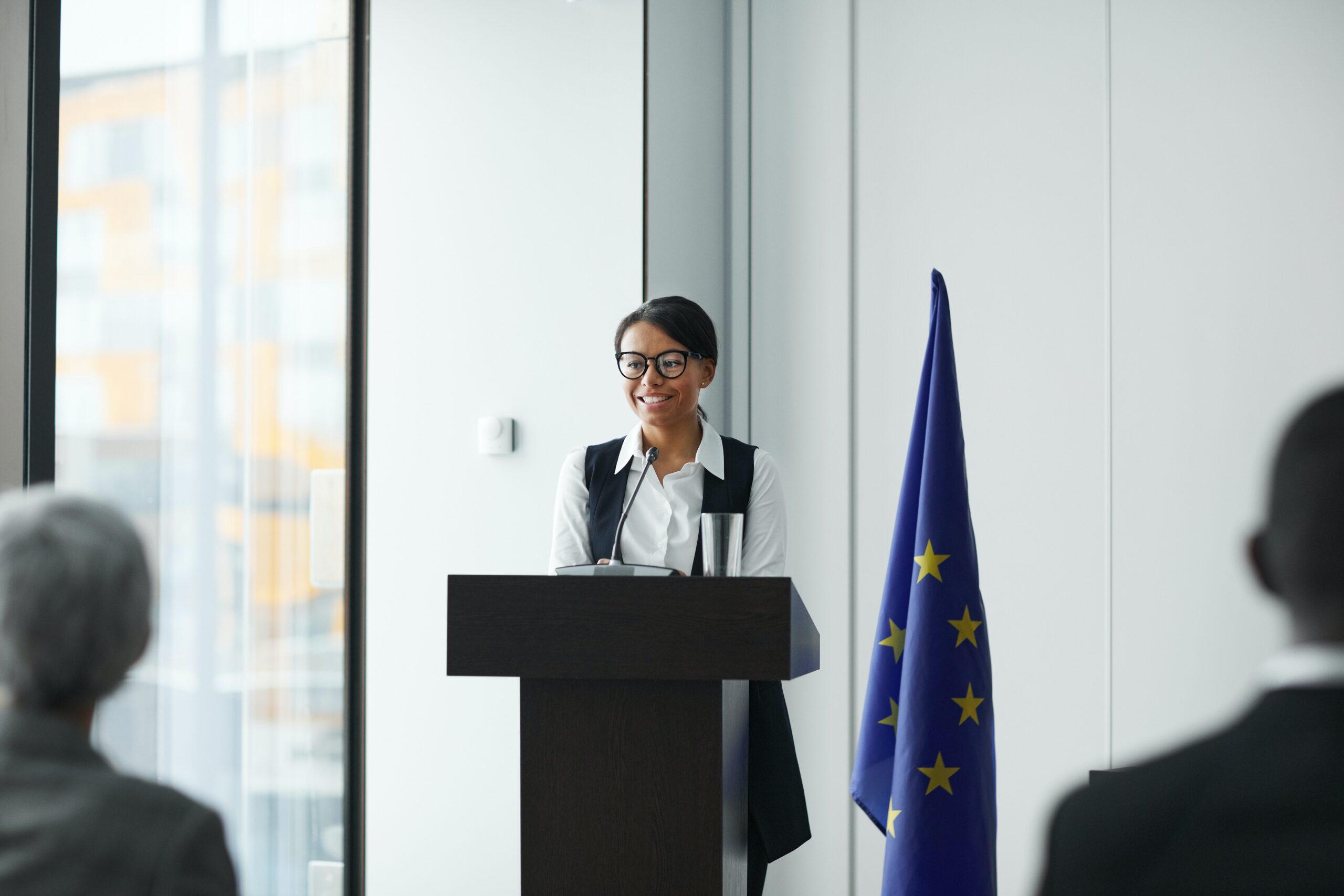
Rising unemployment rates and a growing unrest with the incumbent Croatian government for not doing enough to tackle the economic crisis were key factors in seeing the country elect is first female President, Kolinda Grabar-Kitarovic, in January 2015.
She won by a very small margin showing how loved the outgoing president Ivo Josipovic was, but his government did not do enough to pull the country out of a sex-year recession, the BBC reports. It seems a fresh approach and perspective was what was needed.
Unlike the center-left coalition government under Josipovic, President Kolinda is a politically conservative member of the Croatian Democratic Union (HDZ), which pushed the country towards independence from the former Yugoslavia in 1991. The 46-year-old is a former foreign minister and was the first female Assistant Secretary General of NATO for Public Diplomacy.
“I will not let anyone tell me that Croatia will not be prosperous and wealthy,” she said during her winning speech.
And if her comments during a recent United Nations high-level thematic debate aimed at inspiring women’s advancement beyond 2015 are anything to go by, it seems it is a woman’s touch that might’ve been needed as well.
2015 marks the 20th anniversary of the signing of the Beijing Platform for Action for Women agreement, and various heads of state gathered to reassess where the world is today and how they need to progress in the future.
Kolinda stated that women can accomplish anything in a stimulated and unhindered environment.
“We should ask ourselves what we, as politicians, as diplomats, as representatives of civil societies, as men and women, can do to finish the unfinished business,” she said.
“Through education and media, we can combat intolerance and prejudice, including sexism, and promote equality, diversity, understanding and acceptance,” she said, urging all to “work for the day when gender equality becomes a way of life for all”.
She pointed to a recent International Monetary Fund (IMF) report that showed the estimated gross domestic product (GDP) gain from closing gender gaps ranged from 15 to 35 per cent.
Moderating a panel discussing ways to access to quality education and skills development as tools for empowerment of women and girls, President Kolinda asked Irina Bokova, Director-General of UNESCO, how Governments could develop education and training systems that were more responsive to demand in today’s labour market, and what measures had been taken to increase women’s skills and entrepreneurship.
Irina said one of the solutions was for governments to target the most vulnerable populations, such as teens and those threatened with violence or early marriage.
President Kolinda then asked Babatunde Osotimehin, Executive-Director, United Nations Population Fund (UNFPA) what changes were needed to enhance the quality, relevance and accessibility of education, especially for adolescent girls.
He responded that education was the key to the fulfillment of dreams for young people, and that more adolescent girls should be targeted more. Apart from the fact that education offered to girls affording them better skills to participate in public life and access to better health, he said that the more young people were empowered with an education, including girls, it would drive social development and boost economies.
President Kolinda was joined at the debate by Phumzile Mlambo-Ngcuka, Executive Director of UN Women, who said “Positive masculinity” also essential in the private sector and applauded male leaders who had joined the HeForShe campaign, which engaged men and boys to promote gender equality.
Michaëlle Jean, the first female Secretary-General of La Francophonie, was a keynote speaker at the event who drew attention to the women around the world who were victims of rape, violence, abuse, slavery and discrimination, and to those who suffered from forced marriages and who died in childbirth. These issues could not be ignored, she argued, in the fight for gender equality.
Humanitarian experts predict it will take until 2084 for the goal of education equality to be met around the world.
While it may seem as if putting emphasis on the education of girls around the world is a niche interest, it is in fact a vital component of economic growth in every country. When half the population is not equipped with an education, half the economy in hindered.
For Croatia, having elected its first female president might go a lot further to tackling their economic crisis than they think. Having this powerful woman as a role model to the women in the country that they are needed in politics and other areas of leadership may open up the floodgates and encourage them to push through the glass ceilings and barriers in order to be part of bringing the country out of its recession.
Having only joined the European Union in 2013 as its newest member, Croatia only has to gain from new leadership, and one that is heavily invested in the empowerment of women and girls.




















2 thoughts on “Croatia’s 1st Female President Kolinda Grabar-Kitarovic Says Female Empowerment Is Key To Economic Growth”